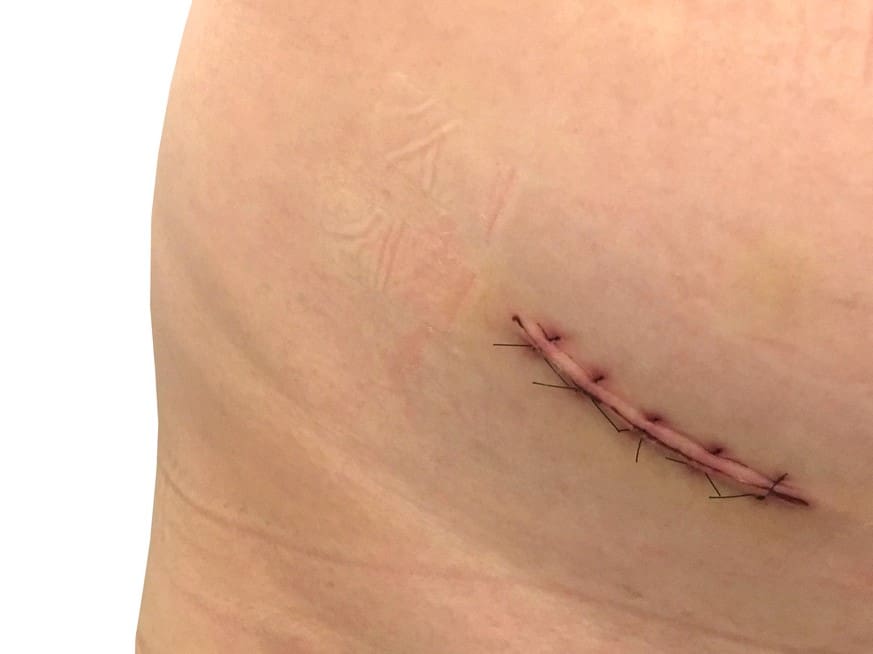Infection
Analyzing Surgical Site Infections in the COVID-19 Era: A Multi-center Retrospective Study
The following is a summary of “Surgical site infections during the COVID-19 era: A retrospective, multicenter analysis,” published in the June 2023 issue of Infection Control by Smith et al.
Infections at the surgical site (SSIs) are undesirable perioperative complications. Recent studies have demonstrated an increase in hospital-acquired infections during the pandemic of coronavirus disease 2019 (COVID-19). This study’s objective was to compare postoperative SSIs in the era of COVID-19 to a historical cohort at a large, multicenter academic institution.
A retrospective analysis of all patients who underwent inpatient surgical procedures through the National Health and Safety Network (NHSN) between January 1, 2018, and December 31, 2020. Using the standardized infection ratio (SIR) to detect differences, patients from the COVID-19 era (March-December 2020) were compared and matched 1:1 with historical controls (2018/2019). During the trial period, researchers’ institutions performed NHSN procedures on 29,904 patients.
Comparing the matched cohort (2018/2019) to the COVID-19-era cohort (2020), a decreased risk of SSI was observed following colorectal surgery (RR = 0.94, 95% CI [0.65, 1.37], P =.76), hysterectomy (RR = 0.88, 95% CI [0.39, 1.99], P =.75), and knee prosthesis surgery (RR = 0.95, 95% CI [0.52, 1.74], P =.88). A statistically insignificant increase in the risk of SSI was observed following hip prosthesis surgery (RR 1.09, 95% CI [0.68, 1.75], P =.72). In patients who underwent NHSN inpatient surgical procedures in 2020 with perioperative COVID-19 precautions, the risk of SSI did not differ significantly from that of matched controls at their large, multicenter academic institution.
Source: sciencedirect.com/science/article/pii/S0196655322007064

